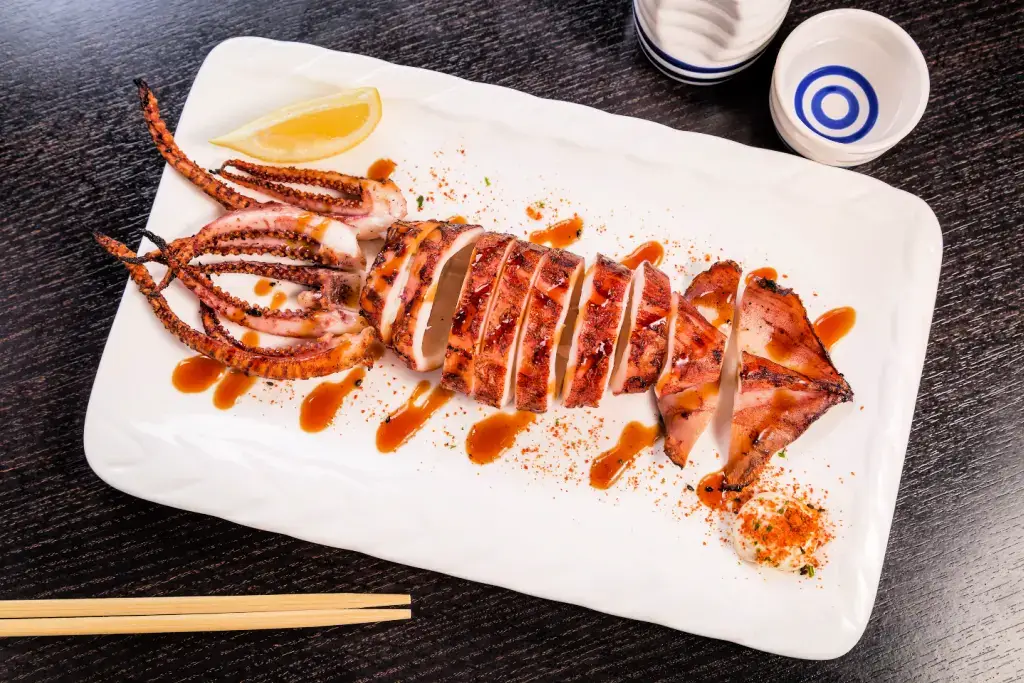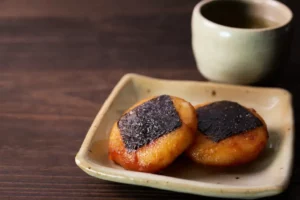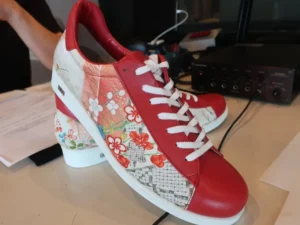Japan is famous for many excellent snacks and treats that can only be found by visiting the country directly. Many of these foods are national treats and can be purchased in any convenience store or grocery store. Still, many are regional favorites and can only be enjoyed while visiting their respective towns and cities. Ikayaki is one such delicacy that is unique to Japan and undoubtedly worth eating for seafood fans.
Table of Contents
ToggleWhat is ikayaki?
Ikayaki is, very simply, cooked squid. How it is prepared and served varies greatly depending on the restaurant, food vendor, and city. Typically, the snack is grilled squid served on a stick. The pieces of squid served vary, with some places offering the whole squid, while others only prepare rings, and others still only serve tentacles.
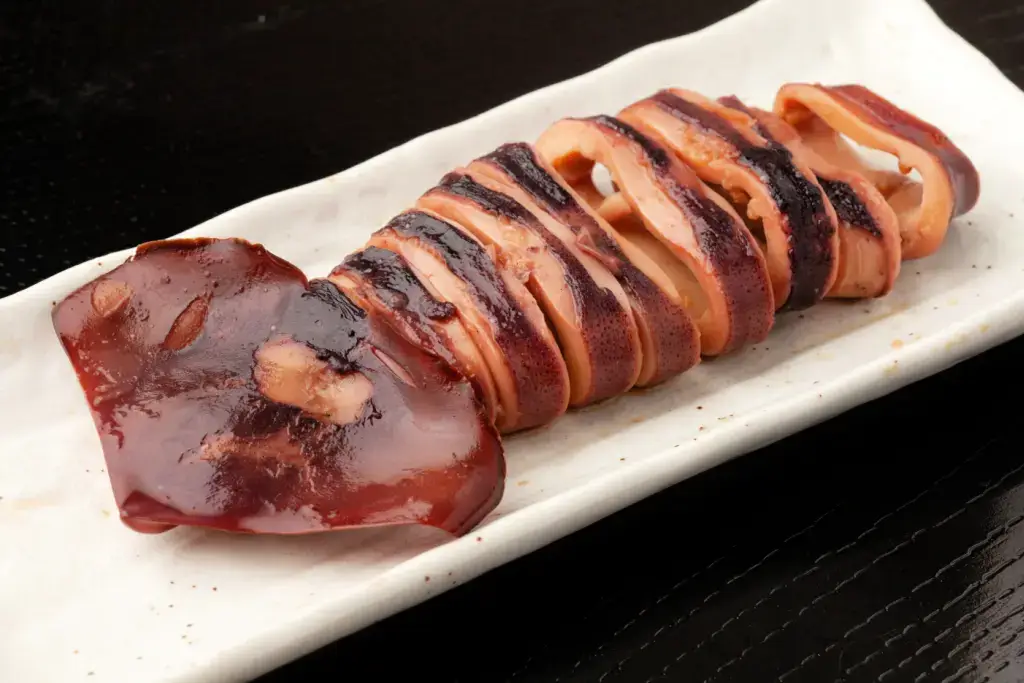
In Osaka, the squid dish involves mixing the diced squid in a pancake-style batter and frying it between two heavy metal plates. Seasoned with Worcestershire sauce and eggs, this unique way of preparing ikayaki is famous as a street food item.
Why is it so popular in Kansai?
The Kansai region of Japan is home to the city of Osaka, a bustling metropolis popular with locals and tourists alike. Osaka is particularly famous for Dotonbori, an incredibly bright and vibrant entertainment center with clubs, restaurants, shopping, and theatres.
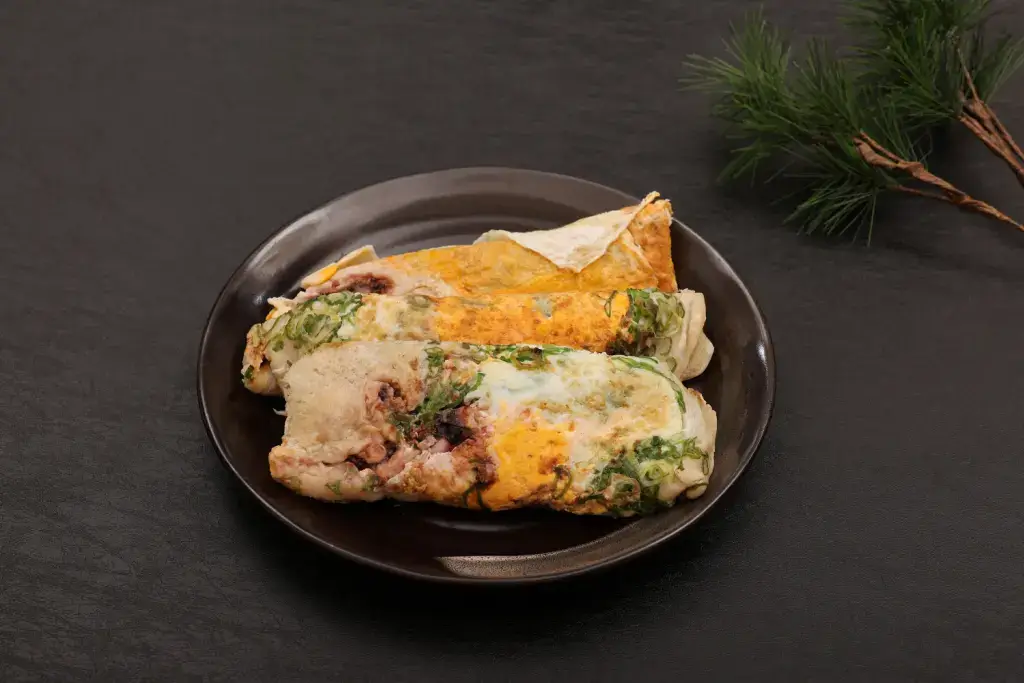
One of its most famous attractions is its long stretch of eateries and restaurants, which are famous throughout Japan. Osaka-style ikayaki is a very common snack, especially for those walking through Dotonbori. Yakiya Kaiyukan, a restaurant in Osaka, is generally considered the dish’s birthplace. As such, it has helped the dish’s popularity grow within the Kansai region.
Are you looking for exciting Japanese snacks? Try Sakuraco! Sakuraco delivers traditional Japanese snacks, teas, sweets, and snacks from local Japanese makers directly to your door so you can enjoy the latest treats from Japan!
Where can I enjoy ikayaki in the Kansai region?
There are countless places to enjoy ikayaki in Kansai, from small local restaurants to streetside vendors. These restaurants are just a few highlights worth checking out for those hankering for truly outstanding representations of the dish.
Yakiya Kaiyukan
The one and only Yakiya Kaiyukan is considered the origin of ikayaki as people know it today. The kayaking served is popular in Osaka style, with diced squid fried in batter with eggs. It’s a quick and easy meal that takes only minutes to prepare, but with over 70 years of experience, Yakiya Kaiyukan knows precisely what it’s doing. It’s a small restaurant with only four seats, so prepare to wait if you plan on visiting.
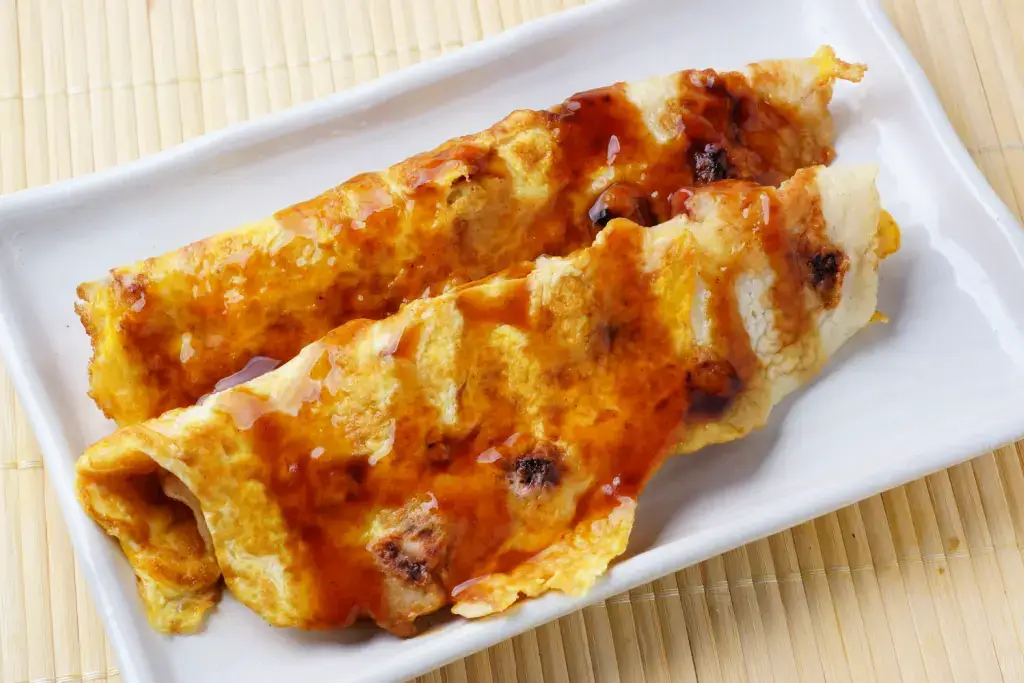
Hanshin Department Stores
It might seem odd to head to a department store for a great piece of ikayaki. However, Hanshin Department stores are where to go for a good snack in a pinch. The chain of stores became famous for selling ikayaki when they began to offer the dish with different toppings and additives. They also serve them on cute squid plates! There’s nothing better than sitting down for a good snack after a day of shopping, and Hanshin’s squid snacks are an excellent way to get just that.
Isohachi Ikayaki
A tiny family-run store in Bainan, Isohachi Ikayaki, has operated for over 70 years. Those expecting a grand and luxurious meal need to look elsewhere because what Isohachi Ikayaki lacks in space, it more than makes up for in quality. Having used the same grills for decades, each serving has a deeper and more nuanced flavor profile than many other mainstream vendors.
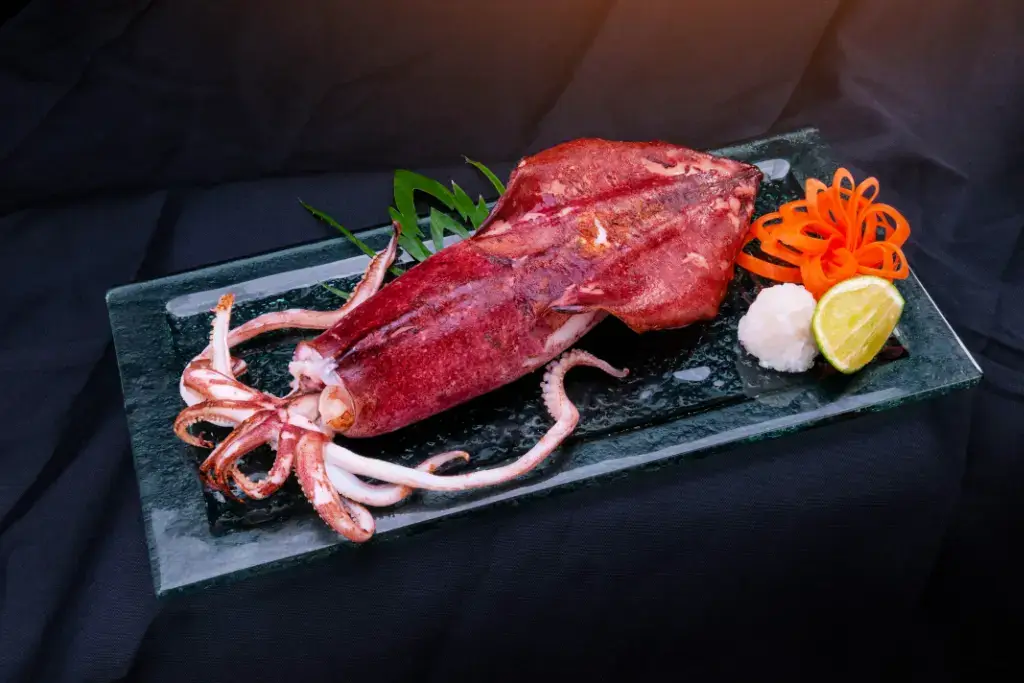
Why is ikayaki so delicious?
Squid is a food that many people have to work up the courage to try. For those not raised around it, squid can come off as a very pungent and rubbery food and not worth putting in your mouth. But its saltiness compliments its meaty notes; if cooked on a good grill, it can be a fantastic meal. There are many ways of preparing squid ikayaki, one of the most popular.
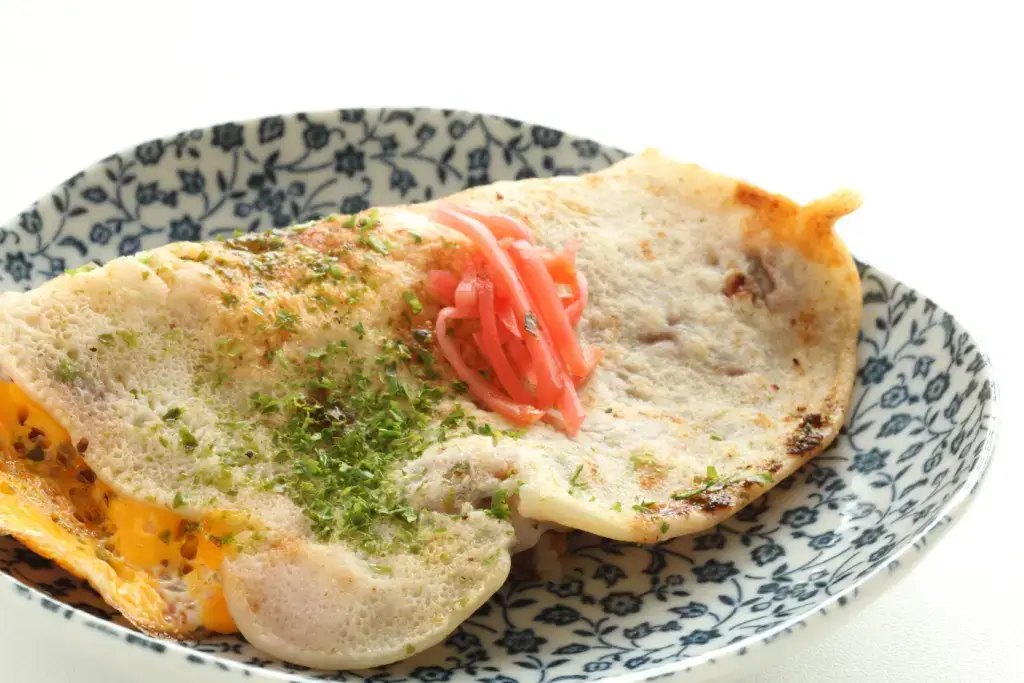
Freshly grilled or fried, good ikayaki is a savory snack that quickly helps someone along throughout the day to dinner. And with so many different toppings that can be served with it, it can be made to suit just about any palate. Those who are genuinely averse to seafood may find themselves passing on it, but for everyone else, it’s an authentic and traditional taste of Japan that can’t be beaten.
Have you tried ikayaki before? If so, what did you think of it? What variety did you try, a grilled stick or the Osaka-style pancake? Please let us know in the comments below! We would love to hear about your experience with one of Japan’s best snacks!


